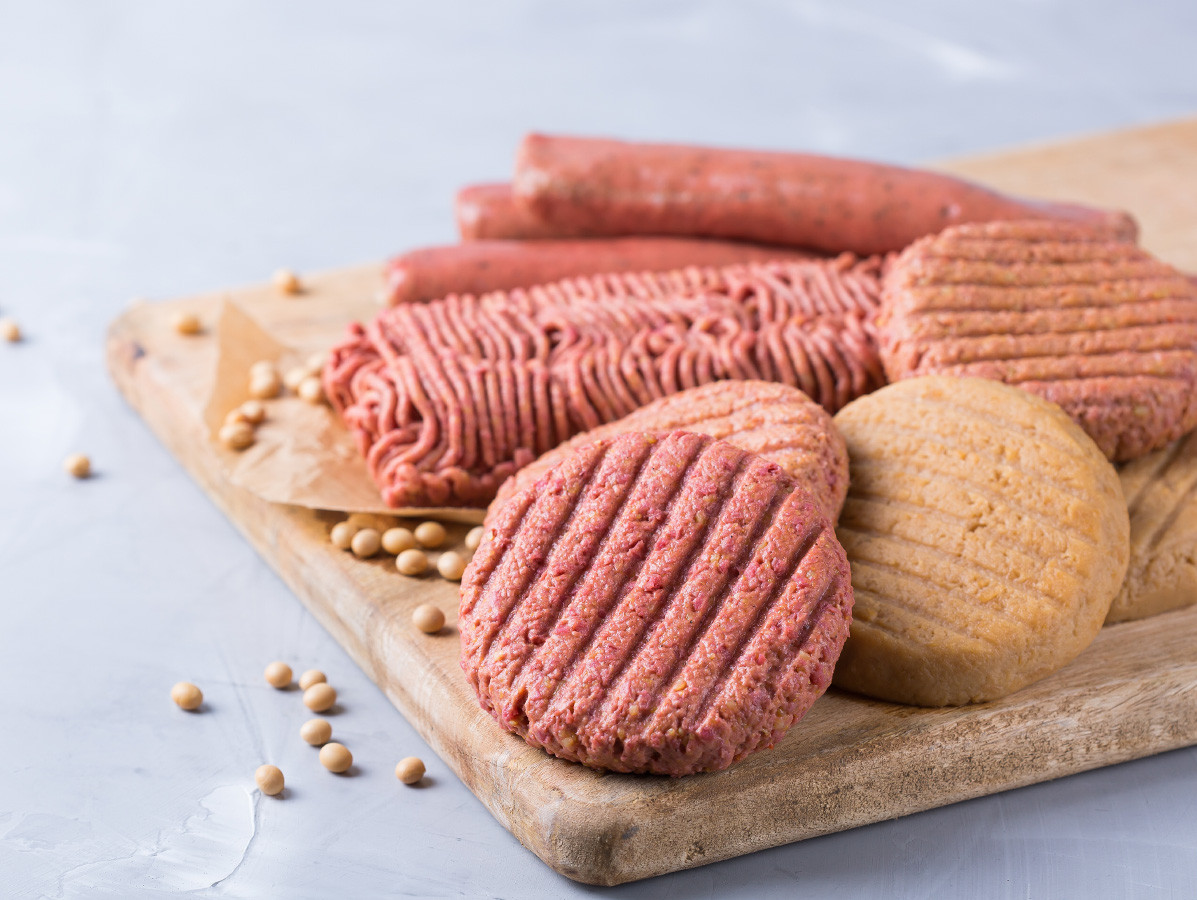
The technologists of TOP bv from Wageningen have licensed a patent on a process that prevents the growth of the ‘botulism bacteria’ Clostridium botulinum in meat, meat substitute and hybride products without having to use nitrate and nitrite preservatives. Especially now that the call for nitrate and nitrite regulations is becoming louder this new technology might offer a solution.
Clostridium botulinum thrives in food products with a neutral pH-value, like meat and meat substitute products. This bacteria produces an extremely toxic substance called botulin, which is lethal at a dose of one microgram. The food industry often protects consumers from this infamous pathogen by adding nitrate and nitrite preservatives, which are compounds that eliminate C. botulinum.
Epidemiological studies and animal- and in vitro experiments indicate that a high consumption of processed meat products could increase the chance of especially colon cancer with at least ten percent. Nitrate and nitrite preservatives are part of a group of compounds suspected of causing this increased risk. Recently, food scientists from Queens University in Belfast have performed experiments on mice that concluded that processed meat did not increase the risk of colon cancer, but processed meat with nitrite did.
Aiming at companies that do not want to wait for the government to further regulate the use of nitrate and nitrite TOP bv has developed a couple of crucial mild preservation methods which combined can reduce the growth of C. botulinum in meat and meat substitute products. These methods barely affect the flavour and the application increases the price of the final product with no more than a couple of dimes. The processed product has a cooled shelf life of 20 days.
Source: TOP bv